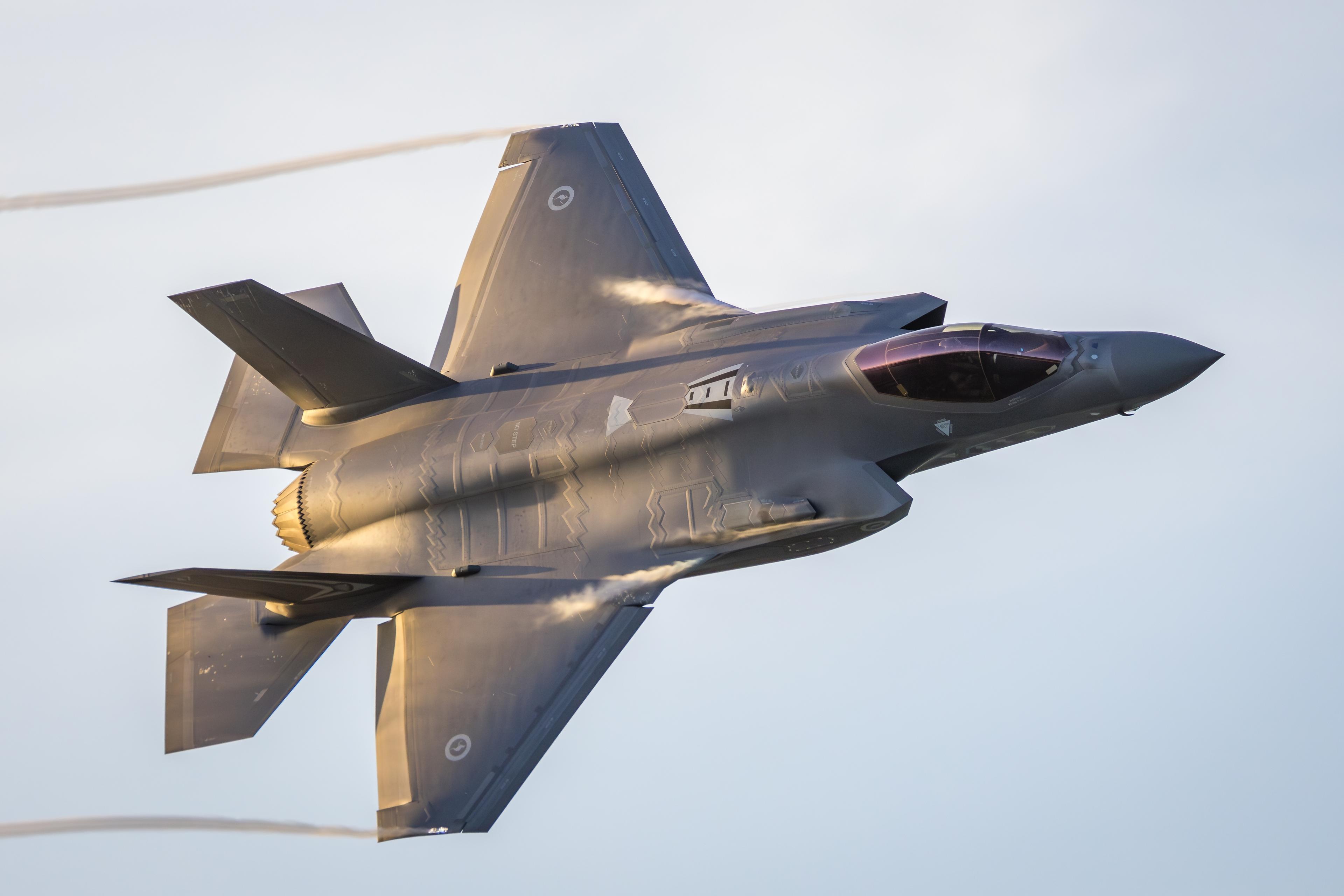US to defend Israel in Iran attack
Austin to Gallant: US Ready to Defend Israel Against Iranian Threats
During the conversation, Austin emphasized that the United States is "fully prepared to defend U.S. personnel, Israel, and partners across the region against threats from Iran and Iran-backed proxy groups."

Ryder also noted that Austin reaffirmed U.S. commitment to a diplomatic resolution in Lebanon that ensures the safe return of both Lebanese and Israeli civilians to their homes along the border.
The Secretary further discussed steps Israel is taking, and should continue to pursue, to alleviate the severe humanitarian conditions in Gaza, as well as the prospects for a hostage release and a ceasefire agreement.
This dialogue comes amid reports that Iran’s Supreme Leader, Ayatollah Ali Khamenei, has directed the Supreme National Security Council to prepare for an attack on Israel. According to a Thursday report from The New York Times, Khamenei made this decision after reviewing a detailed report from military commanders regarding the damage to Iran’s missile production and air defense capabilities, critical energy infrastructure, and a key southern port.
On Wednesday, a high-ranking source indicated to CNN that Iran is expected to retaliate against Israel soon, potentially before the upcoming U.S. presidential election. The source suggested that Iran's response to recent Israeli airstrikes on its military targets will be significant.
White House spokesperson Karine Jean-Pierre later stated that the United States will support Israel if Iran retaliates, asserting, "Iran should not respond to Israel's actions. They should not. If they do, we will support Israel in defending itself."
Meanwhile, U.S. State Department spokesperson Matthew Miller refrained from speculating on Iran's potential actions but reiterated the U.S. stance that "they should not respond."